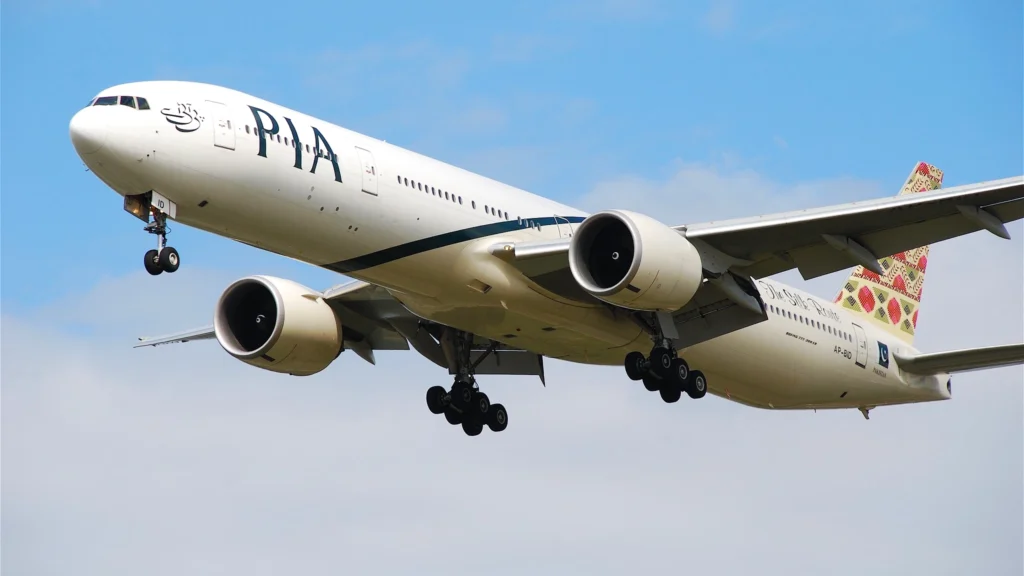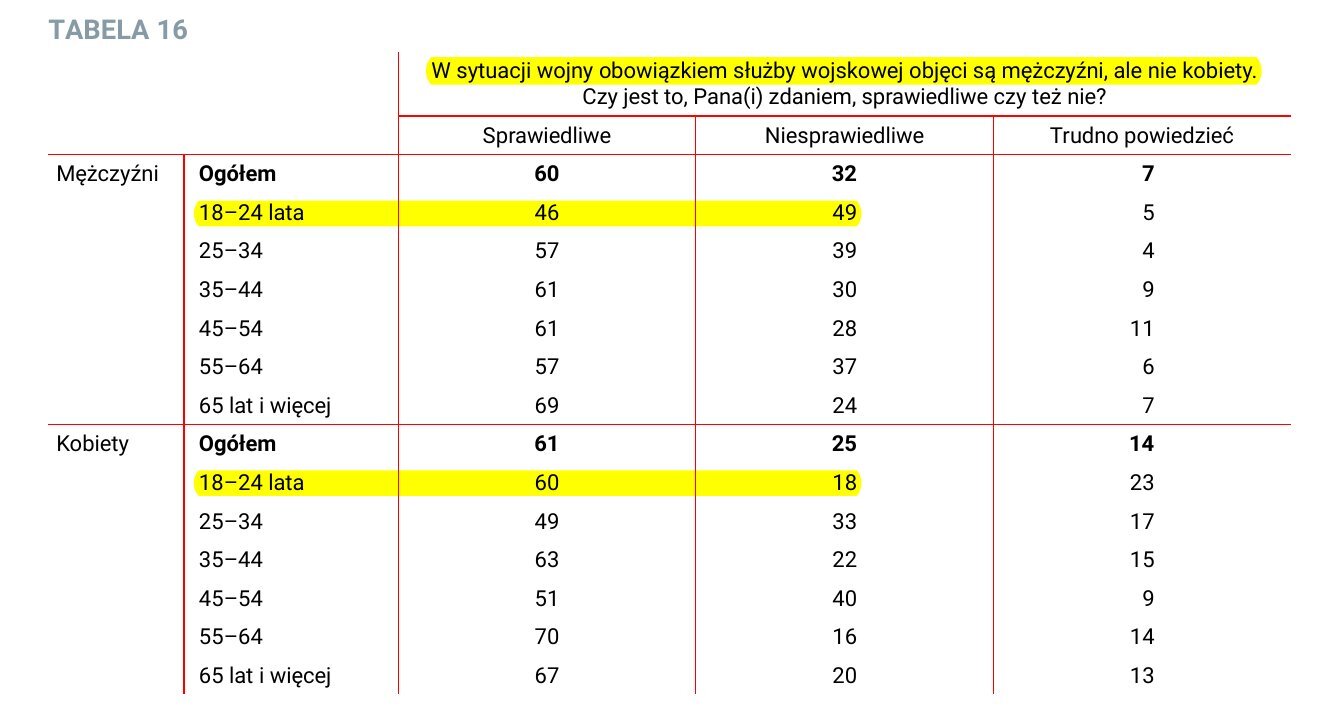
ISLAMABAD- The Pakistan Airports Authority (PAA) lost $14.4 million in overflight revenue after banning its airspace to Indian registered aircraft, the Ministry of Defence told the National Assembly.
The restriction began on April 24 following India’s suspension of the Indus Waters Treaty and affected hundreds of daily transit flights.
Between April 24 and June 30, the airspace closure impacted 100 to 150 flights daily, including those operated by Air India (AI) and other Indian carriers, at Islamabad International Airport (ISB) and across Pakistan’s airspace.
According to official figures, this reduced transit traffic by 20 percent and lowered expected revenue compared to pre-closure estimates.
 Photo: AP-BID Boeing 777-340/ER (cn 33780/705) Pakistan Internati… | Flickr
Photo: AP-BID Boeing 777-340/ER (cn 33780/705) Pakistan Internati… | FlickrPakistan Airspace’s $14.4 million Ban
The Ministry of Defence clarified that the $14.4 million figure represents a revenue shortfall, not total financial loss. Notices to Airmen (NOTAMs) were issued under federal authority to implement the ban, balancing strategic, diplomatic, and defence priorities.
Reported by Dawn, the ministry stressed that sovereignty and national security outweigh economic concerns.
Overflight and aeronautical charges remained unchanged, avoiding tariff increases or government bailouts.
In 2019, a similar closure caused a $26.8 million loss, significantly lower than the $100 million initially reported.
In 2025, average daily overflight revenue before the current ban was $760,000, compared to $508,000 in 2019.
Pakistan’s airspace will remain closed to all Indian registered aircraft until the last week of August, following two monthly extensions.
The restriction applies to all aircraft operated, owned, or leased by Indian carriers. In response, Indian authorities have maintained their ban on Pakistani airlines.
 Photo: Aero Icarus | Flickr
Photo: Aero Icarus | FlickrTemporary Islamabad Airspace Closure
Separately, Islamabad International Airport (ISB) will close its airspace daily from 11am to 1pm until August 14 for operational reasons under NOTAM A0510/25.
This affects departures and arrivals to Lahore (LHE) and northern regions up to flight level FL210.
On the first day of the closure, 12 international flights and nearly 2,847 passengers experienced delays.
The Federal Investigation Agency (FIA) confirmed all immigration counters were fully staffed, ensuring timely screening and compliance with anti-human trafficking measures.
 Photo: PIA 77-200LR | Pakistan International Airlines Boeing 777-20… | Flickr
Photo: PIA 77-200LR | Pakistan International Airlines Boeing 777-20… | FlickrBroader Implications
The airspace closure has broader implications for international carriers such as Emirates (EK), Qatar Airways (QR), and British Airways (BA), which face increased flight times and fuel costs due to rerouting around Pakistan.
The ban, extended until August 23, 2025, continues to disrupt 100-150 daily Indian flights, affecting connectivity to major hubs like Dubai International Airport (DXB) and Doha Hamad International Airport (DOH).
Pakistani carriers, including Pakistan International Airlines (PIA), face similar challenges in Indian airspace, limiting regional travel options.
The PAA and Civil Aviation Authority (CAA) have urged passengers to stay updated via airline communications to navigate potential disruptions.
These measures, while economically costly, reflect Pakistan’s strategic response to regional tensions, balancing security imperatives with operational resilience.
Stay tuned with us. Further, follow us on social media for the latest updates.
Join us on Telegram Group for the Latest Aviation Updates. Subsequently, follow us on Google News
UK Lifts Ban on Pakistani Airlines, PIA Can Resume Flights
The post Pakistan Airspace Ban Causes $14.4 million Revenue Hit appeared first on Aviation A2Z.










